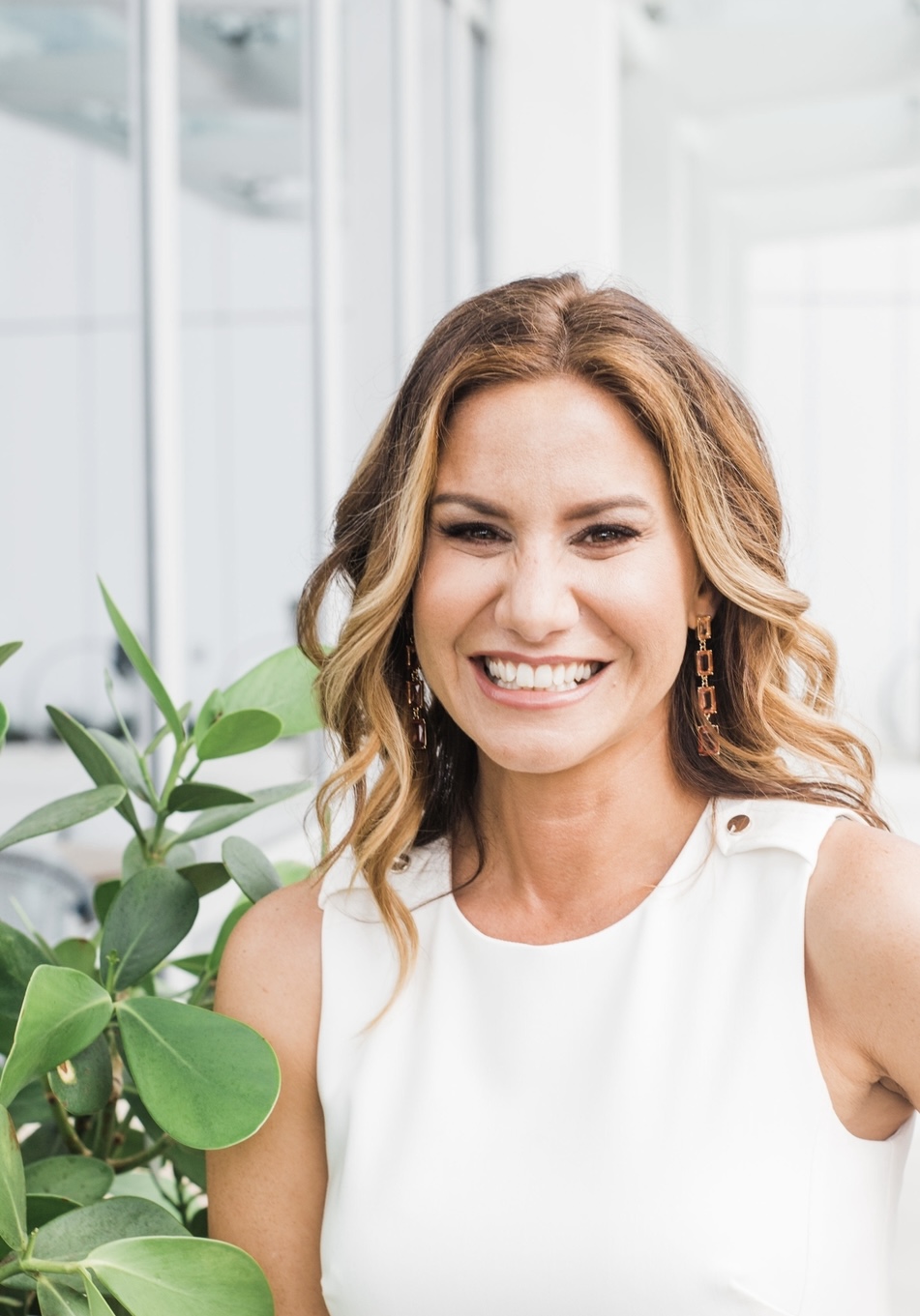The Art of Letting Go (Just Enough): Building Trust with Your Pre-Teen
- Jennifer Phelps
- Mar 23
- 3 min read
How to Begin Developing Trust with Your Pre-Teen
At Hive, we believe parenting pre-teens is one of the most sacred transitions in the journey of raising children. It’s a time when they’re not quite little anymore, not quite big—but they are watching, wondering, and trying to figure out who they are and how they fit into the world.
And here's the truth: they're also trying to figure out if they can trust themselves.
As parents, we often think about whether we can trust them—to make the right decisions, to stay safe, to speak up when something feels off. But what if the real foundation of trust begins with teaching them that they can trust themselves—and that we trust them, too?
Here’s how to start building that kind of deep, mutual trust.
1. The Power of the Pause
When your pre-teen tells you something surprising, disappointing, or even shocking… pause.
Take a breath.Count to three.Soften your shoulders.Let your face stay calm.
Your pause tells them:You are not too much for me.I can handle this.I want to hear everything.
Reacting immediately—especially with emotion—can shut the door on future connection. Pausing gives your child space to be seen and heard, even in the hardest moments. It's in that pause that trust begins to grow.
2. Ask Before You Answer
When your child opens up about a mistake, a secret, or something that didn’t go the way they hoped, you may feel the urge to launch into teaching, correcting, or fixing.
But trust doesn't grow in correction. It grows in curiosity.
Try asking:
“What did you learn about yourself?”
“What do you think you’ll do next time?”
“What felt hard in that moment?”
“Do you want advice, or do you just want to talk this through?”
Questions like these show your pre-teen that you're not here to control them—you’re here to help them understand themselves.
3. Let Them Mess Up (A Little)
Pre-teens need room to fail. And while we’d never knowingly let them fall off a cliff, it’s okay to let them stumble—especially when the stakes are low.
Letting them:
Forget an assignment,
Misjudge a friend’s loyalty,
Get overwhelmed with a time commitment…
…gives you the opportunity to walk with them through the consequences, not ahead of them with a warning flag.
When you say, “That must have felt awful. What now?” instead of “I told you so,” you teach them that mistakes don’t mean they’re bad—they mean they’re learning.
4. Hold the Space, Don’t Fill It
Pre-teens often say what they mean in pieces.
It’s tempting to jump in when they go quiet, redirect when they ramble, or reframe when their logic is off. But part of building trust is letting them get it all out, even if it comes out sideways.
Try this:
Sit beside them instead of across from them.
Nod instead of speaking.
Say, “Tell me more,” instead of “Here’s what I think.”
Holding space without fixing sends the message:You matter.You are capable of thinking through hard things.I believe in your process, not just your outcome.
5. Help Them Learn to Trust Their Instincts
Ultimately, our goal isn't just to raise kids who behave well—it’s to raise kids who can hear themselves. Who notice when something doesn’t feel right. Who lean into that inner voice that says “this is for me” or “this isn’t.”
To do that, we can ask:
“What did your gut tell you?”
“Did that feel like the right choice to you?”
“Did you feel proud of how you handled that?”
We help them calibrate their compass not by steering for them—but by reminding them to check their own direction.
At Hive, we believe the greatest gift we can give our pre-teens is the feeling of being deeply known, trusted, and supported—especially as they learn to trust themselves. That kind of trust doesn’t happen all at once. But it begins with the pause. The question. The space.
And most of all, it begins with you.







Commenti